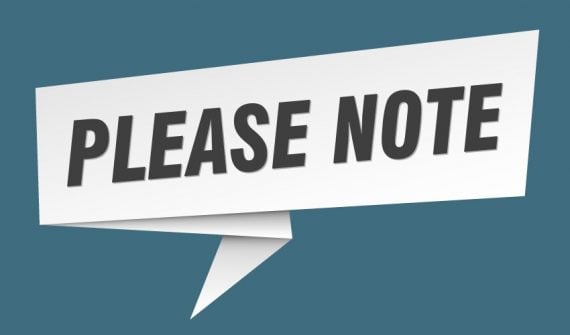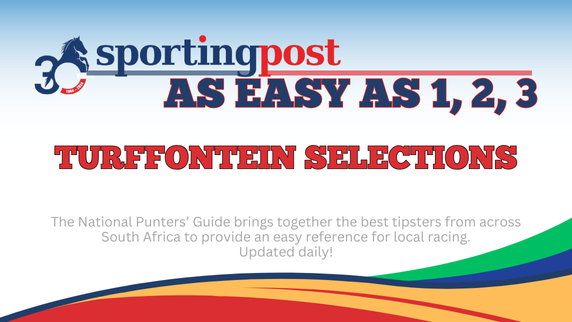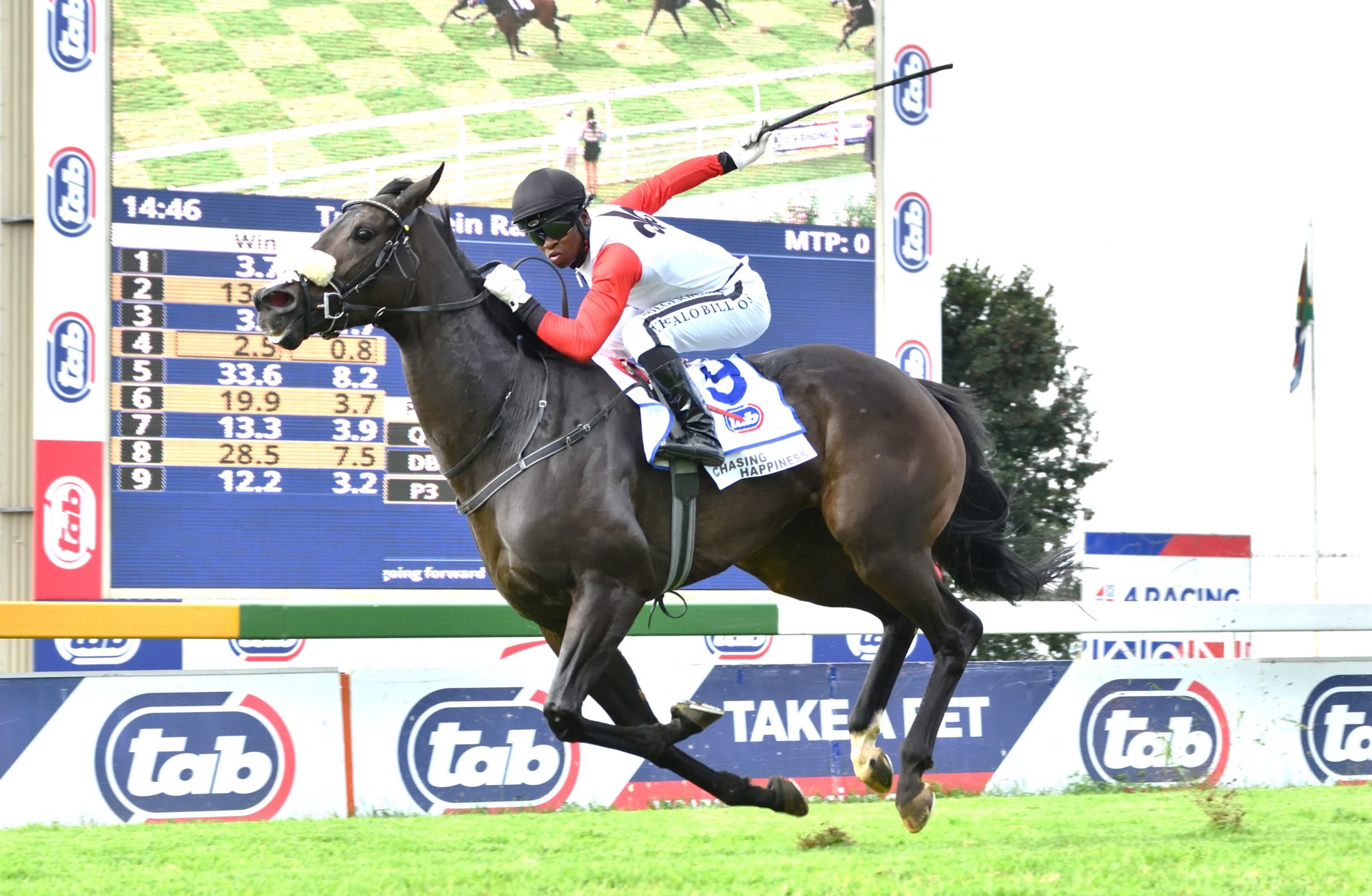A Port Elizabeth trainer intends approaching the High Court to pursue a judicial review of the NHRA’s findings in a matter which saw him fined R150 000.
The fine followed a sad incident where a horse in his care broke down in a race and was apparently tested positive for the presence of two prohibited substances.
In terms of Rule 82.3.3 there is no right of appeal against the finding and penalty of the Inquiry Board.
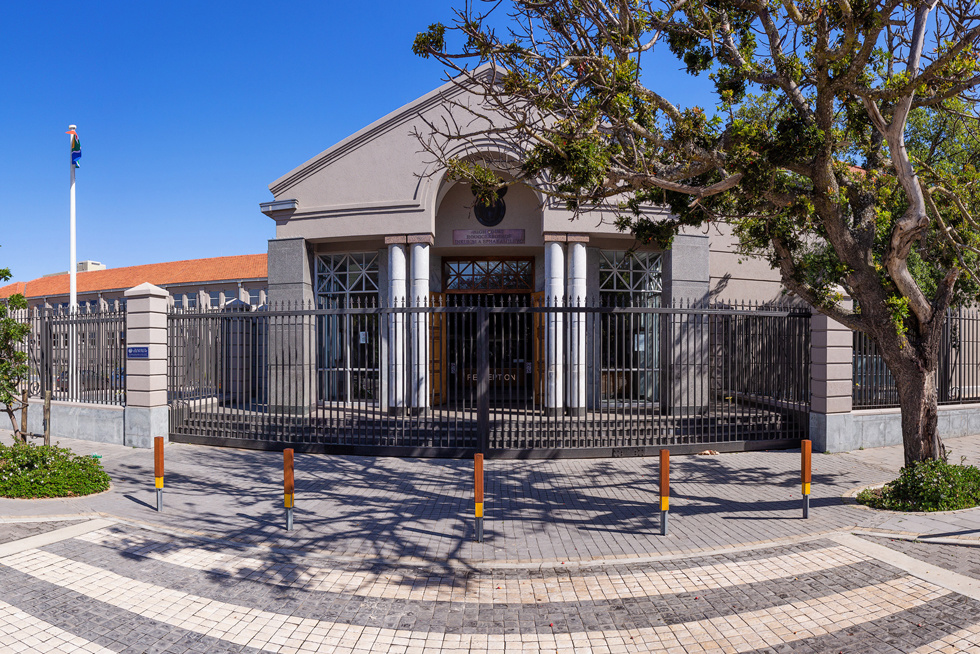
In a reaction on Friday to what was labelled a ‘one-sided NHRA press release’, an attorney for trainer Emmanuel Kaknis told the Sporting Post that a combination of questionable factors had led to the decision to contest the outcome through the courts.
This includes the unheard of, ‘and highly irregular behaviour in normal legal proceedings’, for a presiding officer to have allegedly socialised with a prosecutor during the course of ongoing legal proceedings, which would form the basis of the action.
An emotional Emmanuel Kaknis referred the Sporting Post to his legal counsel for comment after explaining that the tragic demise of a horse that he had watched grow up, and which was named after his late father, had been a traumatic incident for his entire family.
The much loved Big Jay’s broke down and was euthanised at Fairview on 5 August 2019.
At an Inquiry which was finalised earlier this week, Kaknis was charged with a contravention of Rule 73.2.4.

The NHRA reported that blood specimens which were taken from the horse disclosed upon analysis, the presence of Butorphanol and Flunixin, which are prohibited substances in terms of the Rules.
In a discussion with the Sporting Post, the defendant’s attorney said that there are several factors which had been omitted by the NHRA in its press release
“Mr Deanthan Moodley, who sat on the inquiry panel as one of three members, was the head Stipendiary Steward at Fairview at the time of Big Jays breaking down and had factual background knowledge regarding the test result, procedure and chain of custody regarding the testing and alleged positive result of prohibited substances,” said Pantelis Kaknis, who was assisted by Miss Louise Greenwood.
The attorney said given Mr Moodley’s position and longstanding exposure to his client and the processes, the salaried official would not realistically have been able to act as an impartial member of the panel.
He added that two applications for Moodley’s recusal were denied by the inquiry panel.

“These were rejected without the panel considering substantial case law regarding recusal, which had been made available for their benefit,” he added.
Attorneys Laurence Sacke (Chairman), Nic Roodt and one of the NHRA’s Johannesburg Vets, Dr Caryn Rademeyer, were the others involved.
He confirmed that his client had also requested leave to call an independent expert witness, which was also denied.
The ongoing bone of contention of concentration levels was also raised, and Dr Schalk de Kock was apparently unable to provide the concentration levels of the alleged prohibited substances.
He later made available only estimates of the alleged concentration levels.
The NHRA thus does not accurately test for concentration levels, despite certain levels of the prohibited substances being allowable. It will be submitted by the Kaknis legal counsel that this factor places all trainer’s livelihoods at risk where the concentration levels of prohibited substances are estimated.
It is contended that proper procedure regarding actual blood sample specimen collection was also apparently not followed – specifically gloves were not worn by the vet, or his informally trained assistant, and the specimen tubes were stored in or on a medical vault or cabinet.
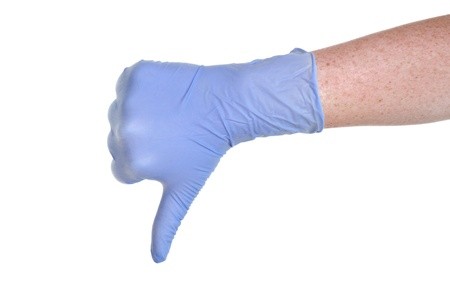
“The Vet’s assistant admitted that he handled medicines and vessels, including the prohibited substances, on a daily basis and on the day specimens were taken”, said Miss Greenwood.
It will be argued that the aforementioned alone compromised the integrity of the specimens collected.
Another serious flaw, is that by Dr De Kock’s own admission it would be impossible to determine whether the prohibited substances were administered, or whether the specimens were contaminated, as the prohibited substances tested for are not metabolized.
As regards the fairness of the process, the conduct of members of the panel, most specifically Mr Deanthan Moodley is suggested by the defendant’s counsel to have been questionable.
They say that this is based on the fact that counsel and defendant witnessed Moodley inviting an NHRA retained attorney (an inquiry panel member) to share a bottle of wine at the Port Elizabeth branch of the racing regulator after the first day of hearing evidence, in February. The name of the attorney is known to the Sporting Post.

“It is unheard of and highly irregular in normal legal proceedings for a presiding officer to socialise with a prosecutor during the course of ongoing legal proceedings,” explained Pantelis Kaknis. An invitation to join in the socialising was declined by the defendant and his counsel.
“This action, in my opinion, clearly reflects the lack of regard and contemptuous nature of the Inquiry proceedings held by the NHRA currently. I have received instructions to consider Judicial Review with the High Court regarding the NHRA’s ruling in this matter, and am awaiting the formal transcribed record of inquiry,” concluded Pantelis Kaknis.
There appear to be a few golden threads alleged in this matter that run through a high profile matter where KZN trainer James Goodman took the NHRA findings on amatter of his on review.
The Durban High Court delivered a damning judgement in 2017 against our racing regulator based on unfair and haphazard handling of procedures and a conflicted office bearer.
The Judge in the matter set aside the findings of the NHRA Inquiry and an R80 000 fine. The NHRA were ordered to pay the costs of the application .
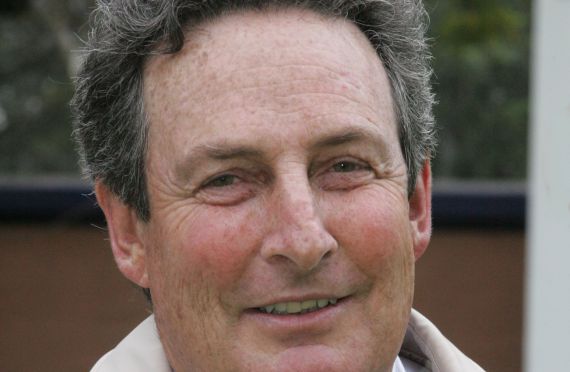
James Goodman
In his judgement, Justice Vahed found that attorney Jonathan Witts-Hewinson, representing the National Horseracing Authority, should have recused himself from an Inquiry involving the prohibited substance case initially brought against trainer James Goodman in December 2014.
The Judge highlighted an argument presented by attorney Bruce Armstrong of Shepstone & Wylie, acting for Mr Goodman, stating in effect, “… if a judge is in fact party to the litigation or in fact has a proprietary interest in its outcome then he is indeed sitting as a judge in his own cause…”
Let’s hope the wheels of justice now run their course.






